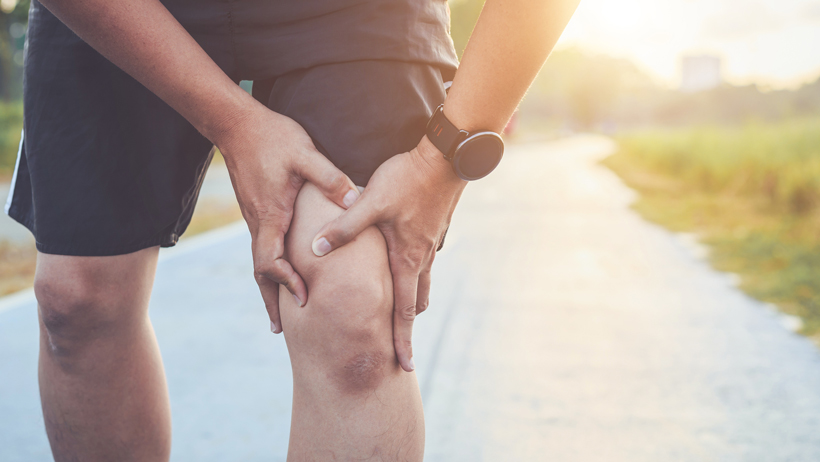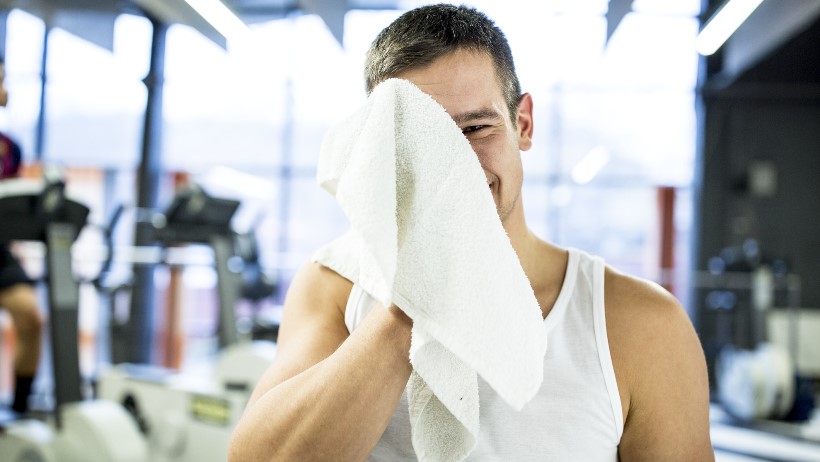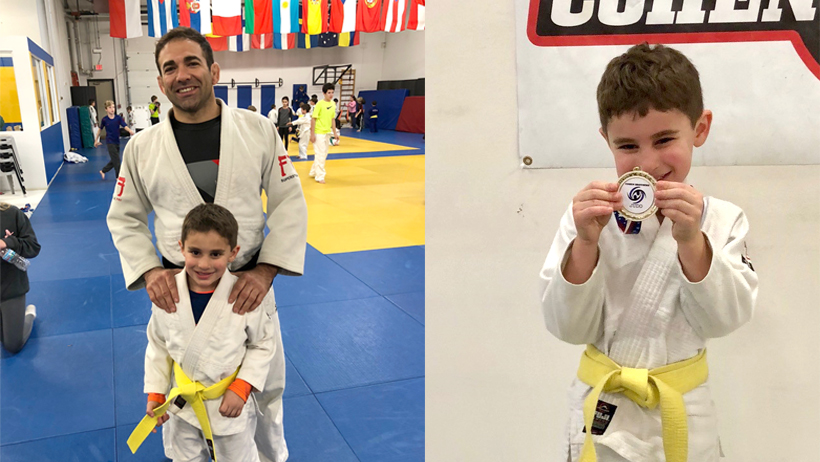I was in the hospital anxiously waiting for my mom to come out of hip replacement surgery. When the doctor came over and told me everything went well, I felt a huge sigh of relief. He also told me the key to recovery will be to keep her moving.
The culprit was osteoarthritis. Arthritis refers to inflammation of the joint; osteoarthritis (the most common) is degeneration of the joint. This is often caused by wear and tear, genetic predistortion, and/or being overweight. My mom has always exercised, so it's probably a combo of genetics and doing the same type of cardio for 30-plus years. That's why it's so important to mix up your routine.
You might be thinking, why should I worry about avoiding arthritis now? The earlier you start varying your routine and maintaining a healthy weight, the better off you'll be in the future. Exercising to combat joint pain is different than exercising for weight loss or sport. You want to vary your exercises. With weight training, you want to move in different directions. For instance, instead of lunging forward, try lunging to the side.
With cardio, try low-impact movements like walking, tai chi, or biking. I know it's not sexy, but high-impact exercises, such as running, are hard on joints. I'm not saying stop, but mix in walking in the water, biking and stretching.
There is no shortage of supplements these days. Currently, collagen and bone broth are popular, but the scientific evidence is not there yet. If you have arthritis, talk to your doctor -- and maybe a nutritionist who specializes in arthritis -- about diets that reduce inflammation.
People also combat joint pain with drugs (anti-inflammatory, usually). After surgery, they give you much stronger medication. In the hospital, my mom requested morphine and oxycodone. These drugs didn't really help in the long run. She had to stay at the hospital an extra day because the medicine caused drowsiness and shaking -- it was scary. When we got home, my mom was just taking Hydrocodone that was recommended, and even that was hard on the gut, caused brain fog, and drowsiness. Once she switched to just Tylenol, she felt much better. If you are in muscle/joint pain, talk to your doctor about ways to manage it. There's a plethora of different medications, rubs, etc.
They weren't hip replacements, but I had two surgeries for joint issues in my 30s. I'm telling you right now, hit the weights for your upper and lower body. I often see male clients skipping leg day, and women clients neglecting their upper body, afraid of getting bulky. You need both, along with core strength. Whether you need a walker, cane, wheel chair or crutches, the rest of your body needs to compensate for the injury/surgery. And then there's getting up from a couch, bed or chair. Another benefit to strength training: it increases bone density which we naturally lose as we age.
I'm happy to report that my mom's recovery is going well! It was tough the first days getting her moving -- I felt bad making her practice the therapy and walk in the driveway (assisted) but I know she appreciated it. If you or someone in your family is about to have a hip replacement, shoot me a note with any questions -- ronkrit@juf.org. And keep moving!


.jpg?n=8513)

.jpg)





.jpg)



